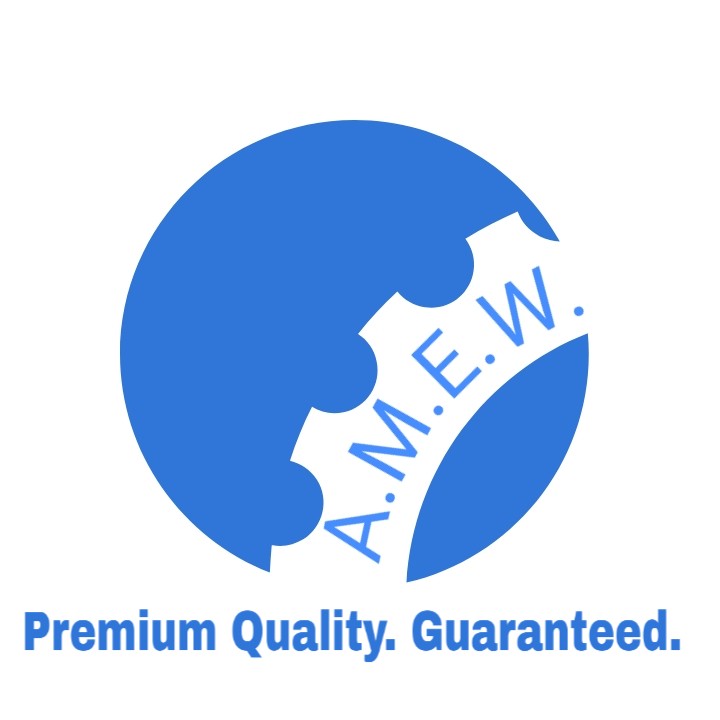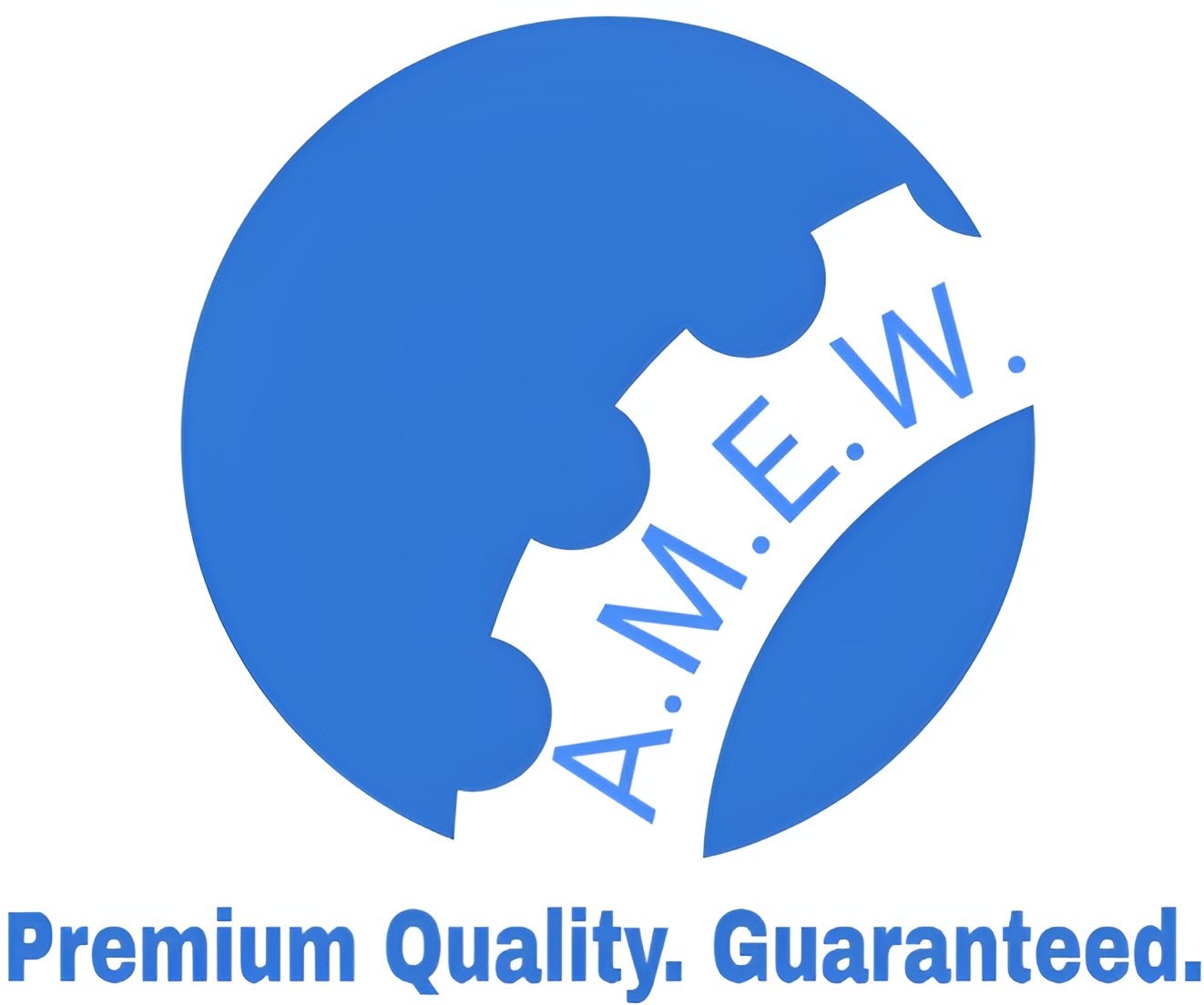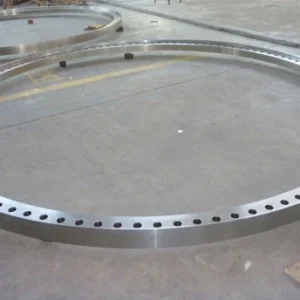Description
Somers: Precision Forgings for the Rail Industry
At Somers, we specialize in providing high-quality forgings tailored for the rail industry, ensuring the reliability, safety, and efficiency of rail systems worldwide. With a rich heritage of expertise in forging, we supply a wide range of components designed for various rail applications, including locomotives, freight cars, and infrastructure. Our rail forgings are engineered to withstand the rigors of high-speed travel and heavy loads, contributing to the overall performance and safety of rail networks.
Table of Contents
- Applications of Forgings in the Rail Industry
- Key Forged Components for Rail Systems
- Grades of Materials Used in Rail Forgings
- Benefits of Forged Components in Rail Applications
- Certifications and Standards for Rail Forgings
- Why Choose Somers for Rail Forgings?
- Our Rail Forging Manufacturing Capabilities
1. Applications of Forgings in the Rail Industry
Forged components are critical in various applications within the rail industry, contributing to the safety, efficiency, and durability of rail systems. Key applications include:
- Locomotives: Forged components for engines, axles, and chassis
- Freight Cars: Components that ensure the safe transportation of goods
- Rail Infrastructure: Forged parts for tracks, switches, and signal systems
- Passenger Cars: Components that enhance the safety and comfort of passenger transport
- Braking Systems: Forged parts for brake calipers, cylinders, and discs
These applications highlight the importance of high-quality forgings in maintaining the integrity and performance of rail systems.
2. Key Forged Components for Rail Systems
Somers produces a diverse range of forged components essential for the operation and safety of rail systems. Our expertise in manufacturing ensures that each part meets the specific requirements of rail applications.
2.1 Axles
Railway axles are critical for transferring loads from the train to the track. Forged axles provide the necessary strength and durability to withstand heavy loads, impact, and fatigue over time.
2.2 Crankshafts
Forged crankshafts in locomotives are essential for converting linear motion into rotational motion. The forging process enhances strength and wear resistance, ensuring reliable engine performance.
2.3 Couplers
Rail couplers are crucial for linking train cars. Forged couplers offer superior strength and durability, ensuring secure connections even under heavy loads and dynamic forces.
2.4 Brake Components
Brake calipers, cylinders, and discs must withstand high-stress conditions. Forged components in braking systems provide exceptional strength and resistance to wear, ensuring reliable stopping power.
2.5 Tracks and Switches
Forged track components, including rail ties and switches, ensure stability and safety. These components must endure high stresses from passing trains and maintain alignment for safe operations.
2.6 Structural Components
Forged structural components are essential for the integrity of rail cars and locomotives, providing the necessary strength to support both static and dynamic loads.
2.7 Linkages and Levers
Forged linkages and levers are used in various control systems within rail vehicles. These components must be strong and resistant to wear, ensuring precise operation over time.
3. Grades of Materials Used in Rail Forgings
Selecting the appropriate materials for rail forgings is critical for ensuring that components can handle the stresses and strains of rail applications. Somers utilizes a variety of materials specifically chosen for their performance characteristics.
| Material | Grade | Application |
|---|---|---|
| Carbon Steel | AISI 1045, AISI 1060 | Axles, crankshafts, and structural components |
| Alloy Steel | 4140, 4340 | High-strength components such as couplers and brake parts |
| Stainless Steel | 304, 316 | Corrosion-resistant applications in brake systems and hardware |
| Tool Steel | A2, D2 | Forged tools and dies used in rail manufacturing processes |
| Low Alloy Steel | 2.25Cr-1Mo | Components for heavy-duty applications in freight cars |
| Nickel Alloys | Inconel 600 | High-temperature applications in rail braking systems |
| Cast Iron | Gray Iron, Ductile Iron | Components that require excellent wear resistance |
These materials are selected for their mechanical properties, resistance to fatigue, and ability to withstand harsh conditions, ensuring reliable performance in rail applications.
4. Benefits of Forged Components in Rail Applications
Forged components offer numerous advantages that make them the preferred choice for applications in the rail industry.
4.1 Superior Strength and Durability
The forging process produces components with enhanced strength and durability compared to cast or machined parts. This is critical for rail applications where components are subjected to heavy loads and dynamic stresses.
4.2 Enhanced Wear Resistance
Forged components exhibit improved wear resistance, which is essential for applications like braking systems and axles that experience constant friction and stress during operation.
4.3 Reduced Weight
Forgings can be designed to optimize weight while maintaining strength. This is particularly beneficial in rail applications where reducing overall weight can improve fuel efficiency and performance.
4.4 Custom Design Capabilities
The forging process allows for custom designs tailored to specific application requirements. Somers works closely with clients to develop components that meet their unique operational needs.
4.5 Cost-Effective Solutions
The durability and performance of forged components reduce the need for frequent replacements or repairs, leading to lower long-term operational costs for rail operators.
5. Certifications and Standards for Rail Forgings
At Somers, we adhere to the highest quality and safety standards in the manufacturing of rail forgings. Our products meet the requirements set by various industry certifications and regulations:
- AAR (Association of American Railroads): Certification for rail components ensuring compliance with safety and performance standards.
- ISO 9001: Quality management system certification for maintaining consistent product quality.
- ISO 14001: Environmental management certification to promote sustainable manufacturing practices.
- ASTM Standards: Compliance with standards for material properties, testing, and manufacturing processes.
- EN Standards: Adherence to European norms for railway applications, ensuring quality and safety.
These certifications confirm our commitment to producing safe, reliable, and high-quality forgings for the rail industry.
6. Why Choose Somers for Rail Forgings?
6.1 Extensive Industry Experience
With decades of experience in the forging industry, Somers has established a reputation for delivering high-quality rail components that meet the evolving needs of the rail industry.
6.2 Advanced Manufacturing Techniques
We utilize state-of-the-art forging technology and processes to produce components that meet the highest performance standards, ensuring reliability and durability in rail applications.
6.3 Custom Engineering Solutions
Our engineering team works closely with clients to develop custom forgings that meet specific application requirements, ensuring that each component is optimized for its intended use.
6.4 Commitment to Quality
We adhere to rigorous quality control measures throughout the manufacturing process, ensuring that every forged component meets the highest standards for safety and performance.
6.5 Sustainability Practices
Somers is committed to environmentally sustainable manufacturing practices, minimizing waste and ensuring that our operations have a minimal impact on the environment.
7. Our Rail Forging Manufacturing Capabilities
At Somers, we are equipped with advanced manufacturing capabilities that allow us to produce a wide range of rail forgings. Our facilities are designed to handle everything from small batches to large production runs, providing flexibility to meet the needs of our clients. We offer:
- Precision Forging: Utilizing advanced techniques to achieve tight tolerances and complex geometries.
- Heat Treatment: Processes to enhance the mechanical properties of forged components.
- Surface Finishing: Techniques to improve corrosion resistance and surface quality.
- Testing and Inspection: Comprehensive quality checks to ensure that all products meet stringent standards.
With our commitment to quality and innovation, Somers is your trusted partner for all rail forging needs, helping to enhance the safety and efficiency of rail transportation worldwide.






